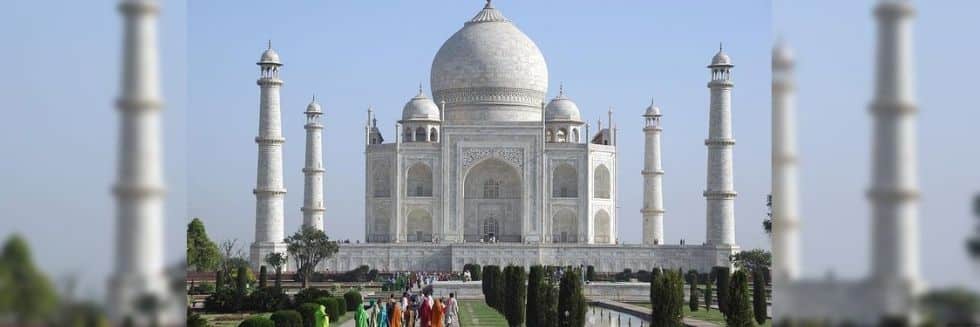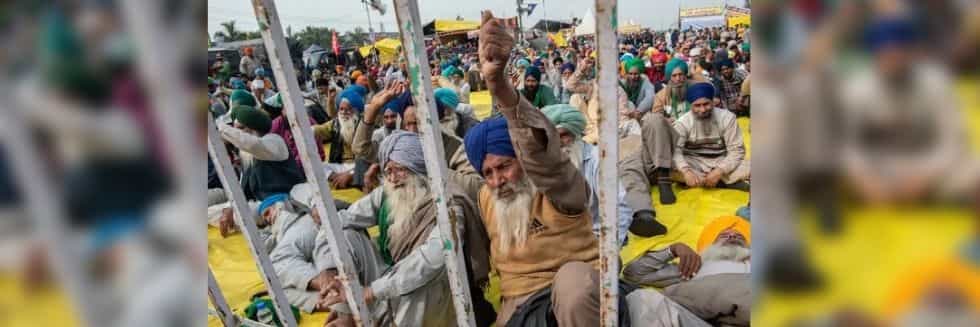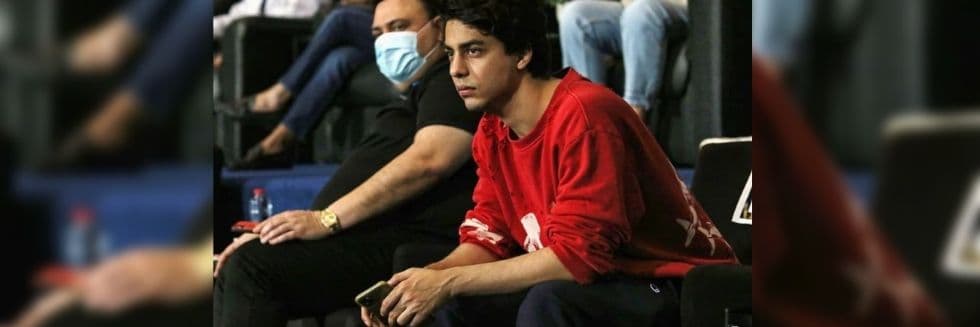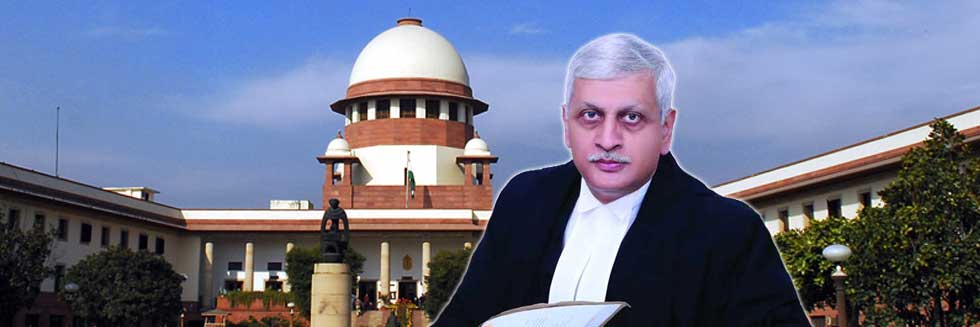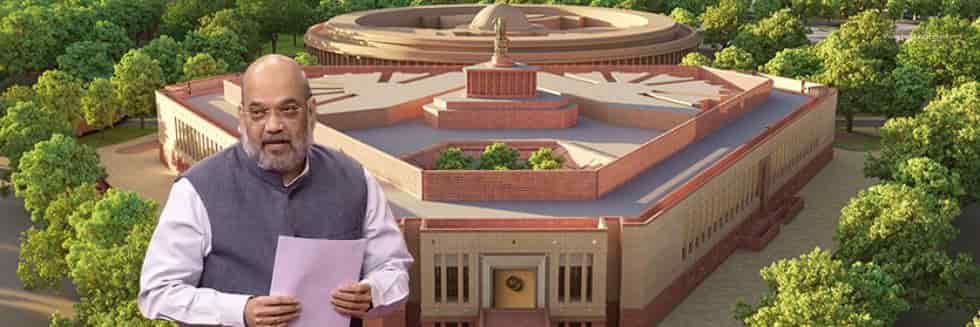Allahabad High Court on Tuesday came down heavily on the petitioner who sought directions to the Archeological Survey of India (ASI) to open the sealed 22 rooms in the Taj Mahal claiming that there are idols of Hindu Deities inside them.
“Tomorrow you’ll come and ask us to go to chambers of Hon’ble judges? Please, don’t make a mockery of the PIL system,” said the division bench comprising Justice DK Upadhyay and Justice Subhash Vidyarthi.
“I welcome you to debate the issue with us in the drawing room and not in a court of law,” the bench added.
The petition was filed by Dr. Rajneesh Singh, media in-charge of the Bharatiya Janata Party (BJP) Ayodhya unit. He submitted that the citizens of the country need to know about the Taj Mahal.
“I have also filed many RTIs. I got to know about many rooms which have been locked and the authorities said that those rooms are locked because of security reasons,” he said.
He added, “I’m not on the fact that the land belongs to Lord Shiva or Allah-o-akbar.”
The counsel representing the State opposed the plea and stated, “There is no jurisdiction and the petitioner lacks territorial jurisdiction. There is already a suit filed in Agra.”
“Are these issues debatable in a court of law? Are we judges trained and equipped with such things?” the bench said.
The bench clarified that there had to be an infringement of a right and only then could a writ of mandamus, as prayed for, be issued.
“Go and research. Do M.A. Do PhD. Then choose such a topic and if any institute disallows you to research on such a topic. Then come to us. Please enrol yourself in MA, then go for NET, JRF and if any university denies you to research on such topic then come to us,” the bench said.
Considering the request of the petitioner that he is going to submit some judgments which can be relatable to the issue, the bench agreed to hear the PIL after lunch.
However, the bench was unimpressed by the arguments after lunch too and stated, “What are you seeking is exploration of facts by way of a committee. That’s none of your rights and it’s not under the ambit of RTI Act.”
We are of the opinion that the petitioner has called upon us to give a verdict on completely a non-justiciable issue, the bench added.
